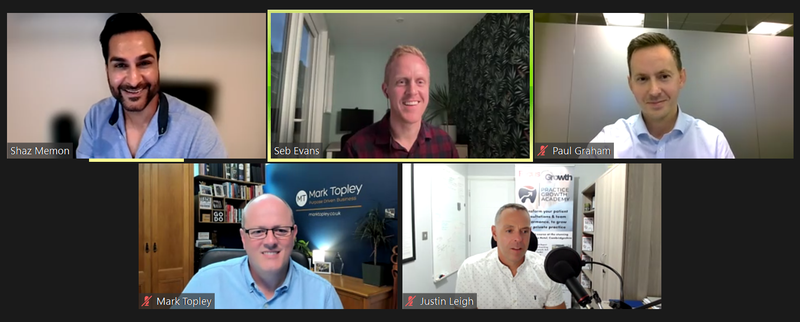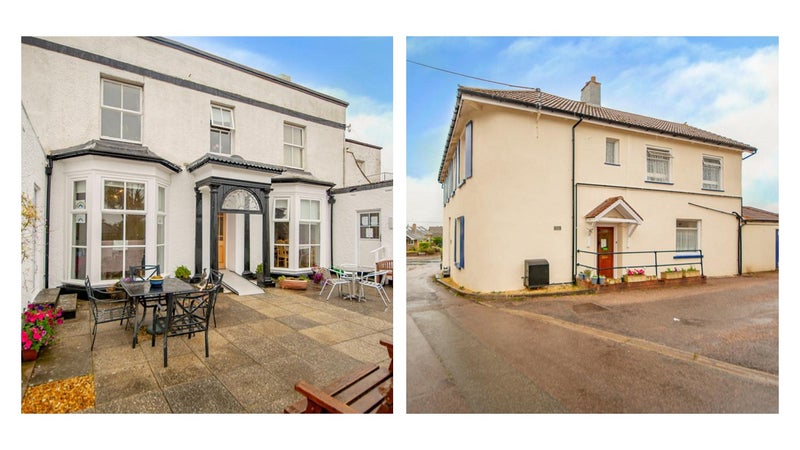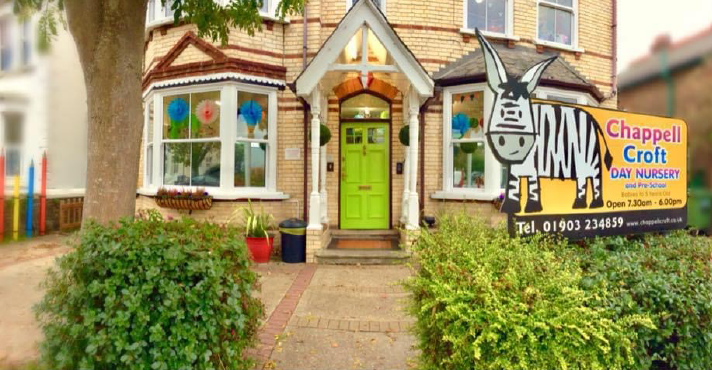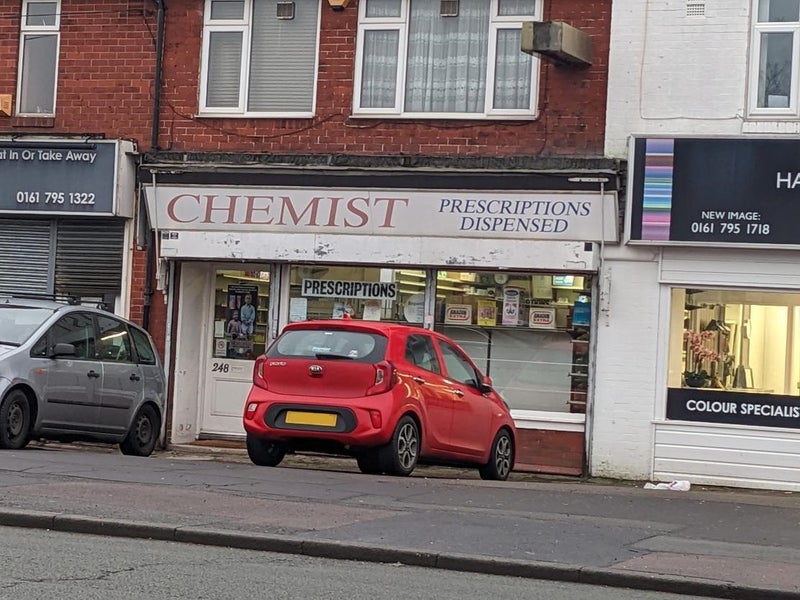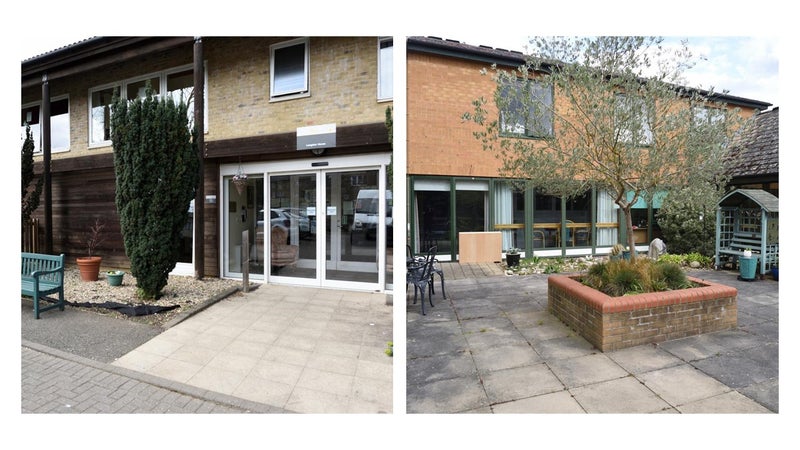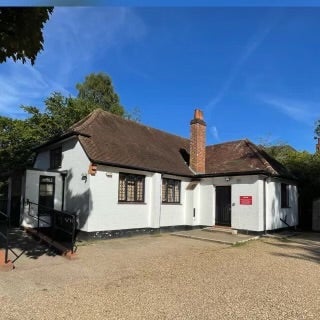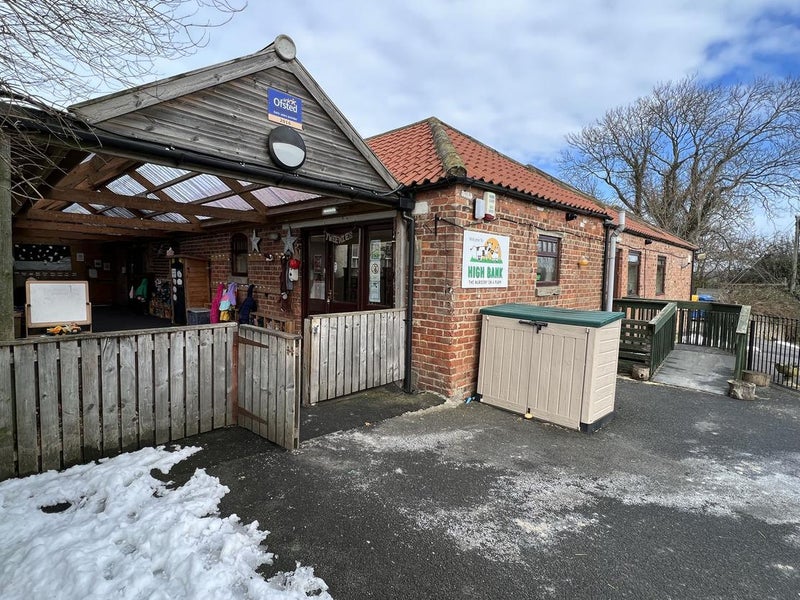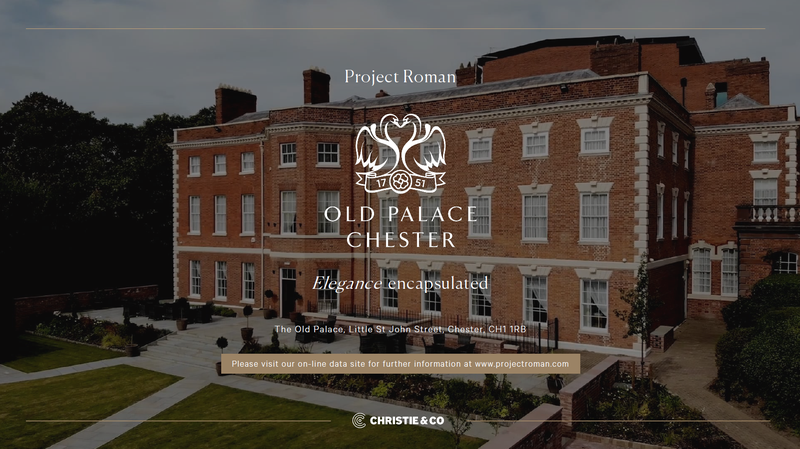Steps to selling or buying a dental practice
Whether you are buying or selling a dental practice, you want to make sure that you are getting the right price and the sale goes through smoothly. In this short guide, Paul Graham, head of dental at Christie & Co, highlights the different stages of selling a dental practice.

Selling a dental practice: step one – begin the process
Start by having an initial chat with a RICS-regulated agent about your plans to sell. The agent will provide you with some general advice about the market in your area, the type of buyer, and general pricing parameters. They will also be able to showcase their services and credentials – avoid the agents who suggest they can ‘sell your practice for free’ as they often take fees from the buyer, which is a clear conflict of interest.
Step two – terms of engagement
If you wish to proceed, then terms of engagement will be agreed, and the practice would need to be prepared for sale. Ideally, your specialist agent will live and work in your area and so will handle the sale right the way through, from instruction to completion, for continuity of service.
Step three – marketing the practice begins
Marketing collateral is produced, showcasing your practice. An ‘Information Memorandum’ is prepared, which is a confidential document and gives full details about the business. It typically includes high-quality photography, a virtual tour, and a floor plan so that interested parties can make an accurate assessment that it is suitable for their needs before visiting.
Step four – your business is launched to market
The practice is launched to the market. It’s sensible to shortlist quality purchasers who can obtain funding to avoid wasted time – your agent should guide you here.
Step five – viewings
Your specialist dental agent will qualify interested buyers and arrange viewings. These generally take a couple of hours each and are a good chance for both buyer and seller to get to know each other and decide if the buyer is a good ‘fit’ for the practice and patients.
Step six – offers
Many dental sales attract multiple offers, in which case a date is set for ‘best and final’ offers. Your agent should manage this process for you and report back with a detailed analysis of the bids to enable you to make an informed decision about which is best for you and the practice.
Step seven – heads of terms
Assuming an acceptable offer has been received, ‘Heads of terms’ are negotiated by your agent between you and the buyer. This captures the principal terms that have been agreed and is then forwarded to solicitors and accountants who begin their phase of work on the deal.
Step eight – due diligence
The transaction progresses, the buyer and their advisers carry out ‘due diligence’, which is a detailed appraisal of the business, including all legal and financial matters. It is very detailed and can take a number of weeks. If the buyer needs bank funding, then a formal independent valuation will be needed as a basis for lending decision. Underwriters will confirm the loan to be agreed.
Step nine – CQC registration process
The transaction advances and both buyer and seller are closely and heavily involved in planning for completion. The CQC registration process is managed either personally by the buyer/seller or, more typically, via the solicitors or a third party.
Step 10 – exchange & completion
Contracts are exchanged, making the deal unconditional unless specific conditions have been included. Completion follows either on the same day or (in the case of an asset sale) a few days later.
Buying a dental practice
Buying and running a practice is an ambition for many qualified dentists. There are several benefits to becoming your own boss: having the autonomy to decide what work you will be doing and when and, of course, reaping the financial rewards.
Here are some ‘top tips’ for what to consider when purchasing a dental practice, whether you are a first-time buyer or are looking to expand your current portfolio:
Step one – saving for a deposit
The dental market is often classed as a ‘green light’ sector when it comes to funding. But it is important to be realistic and, in most cases, you will need a deposit of between 10% and 30%. Start saving for this as soon as you know you want to buy a practice – there is no point in looking for a practice, falling in love with the opportunity, and then realising that you cannot afford it.
Step two – start looking for a practice
Register your interest for free with a dental agent. Some companies who sell dental practices charge buyers a fee to subscribe. A good dental sales agent will not ask you to pay the sales fee for buying a practice. This means your sales agent will take a fair approach when selling a practice for their client (the seller), by supplying details of the opportunity to all buyers and giving you the same chance to buy like everyone else.
Step three – get help from trusted advisers
Speak with a specialist dental solicitor and accountant – they are dental sector specialists and have a wealth of knowledge. It is essential that you surround yourself with these professionals and tap into the right advice and support to ensure that your acquisition is as seamless and stress-free as possible.
Step four – be prepared
If you successfully buy the first practice you have enquired about, then you are doing better than most. These things take time and there is plenty of competition from like-minded buyers. Don’t be too disappointed if you lose out on a sale, there will be other opportunities. Controlling your own destiny and securing your future in dentistry by buying your own practice is an amazing thing to do, so be confident in your approach.
How to take your first step
So far in 2022, at Christie & Co we have:
- Sold 75% of practices to independent buyers
- Generated 360 viewings
- Received over 250 offers, with an aggregate value of over £750 million
- Completed on over 100 practice sales.
As seen in Private Dentistry Magazine, December 2022.
If you are considering selling your dental practice, or buying one in the next few years, it’s not too early to reach out to the business experts.
To find out more, or for further information about the market in general, please email paul.graham@christie.com or call 07739 876 621.
